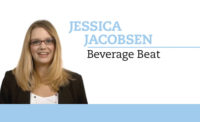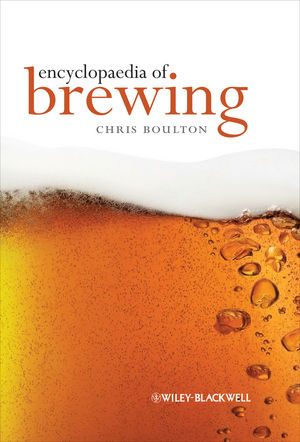Mintel forecasts smart, high-tech change for food and drink
Market research firm releases global food and beverage trends for 2030

In Gavin DeGraw’s song “Everything Will Change,” the singer-songwriter harmonizes, “Hey, before it gets too late, Before the night is over, before the world’s awake, Everything will change.” Although the lyrics are in reference to overcoming heartbreak, the words ring true to the U.S. food and beverage market.
Taking a deeper dive as part of its annual trends report, Chicago-based Mintel released its “Global Food and Drink Trends for 2030” report, which prognosticates just how much will change in the next 10 years. The three food and beverage trends identified are Change, Incorporated; Smart Diets; and High-tech Harvests.
For Change, Incorporated, Mintel predicts that successful companies of the future will be the ones that improve the health of the population as well as the planet.
“Consumers will reward brands that take action and improve important societal issues,” said Alex Beckett, associate director for Mintel Food & Drink, in a statement. “The companies that will win in the next 10 years will be those that fuel the new era of conscious consumption. Tomorrow’s conscious consumers will be looking for eco-friendly packaging and products, while also seeking guidance on how to make their diets more sustainable.”
We already have seen brands begin this approach, particularly when it comes to packaging. For instance, manufacturers such as The Coca-Cola Co. and PepsiCo announced a bigger commitment to aluminum can packaging for packaged water.
The market research firm also has identified the Smart Diets trend as the impact that technology will have by allowing consumers the ability to develop hyper-individualized approaches to physical and mental health.
“Looking ahead, more consumers will be able to gain in-depth knowledge of their biology through personal health-testing kits, which will empower them to personalize their diet and health regimes,” Beckett stated. “Analysis of these tools will inform consumers of the steps they need to take to address every aspect of their health, including brain and emotional well-being. As a result, in order to succeed over the next decade, brands will need to offer more personalized product offerings, develop smart home solutions, and assist consumers in addressing mood and brain health.”
As an example, a Freakonomics podcast titled “23andMe and You, and Everyone Else,” featured Anne Wojcicki, founder and chief executive officer of 23andMe. Wojcicki noted that a previous position on Wall Street as part of the healthcare industry prompted her to develop a business model that doesn’t profit from sick people, but instead, offers a proactive health approach. This led to the development of 23andMe’s Health + Ancestry, which is designed to help people make more informed health decisions, she said.
Finally, High-tech Harvest forecasts that consumers will experience a growing trust in food science and technology as they will be viewed as vital tools to save the food supply.
“Science will interlace with the food supply chain to boost yields and combat climate change,” Beckett noted. “Celebrating the sustainable, health and cost benefits of lab-grown food will be crucial in educating consumers about nature-identical alternatives. But the food and drink industry will be compelled to elevate the role of nature and humans in the storytelling of these new, modern solutions.”
In the beverage industry, technology that could address vanilla supply, citrus greening or coffee yields are just some of the markets could greatly benefit from a focus on High-tech Harvests.
Looking for a reprint of this article?
From high-res PDFs to custom plaques, order your copy today!







